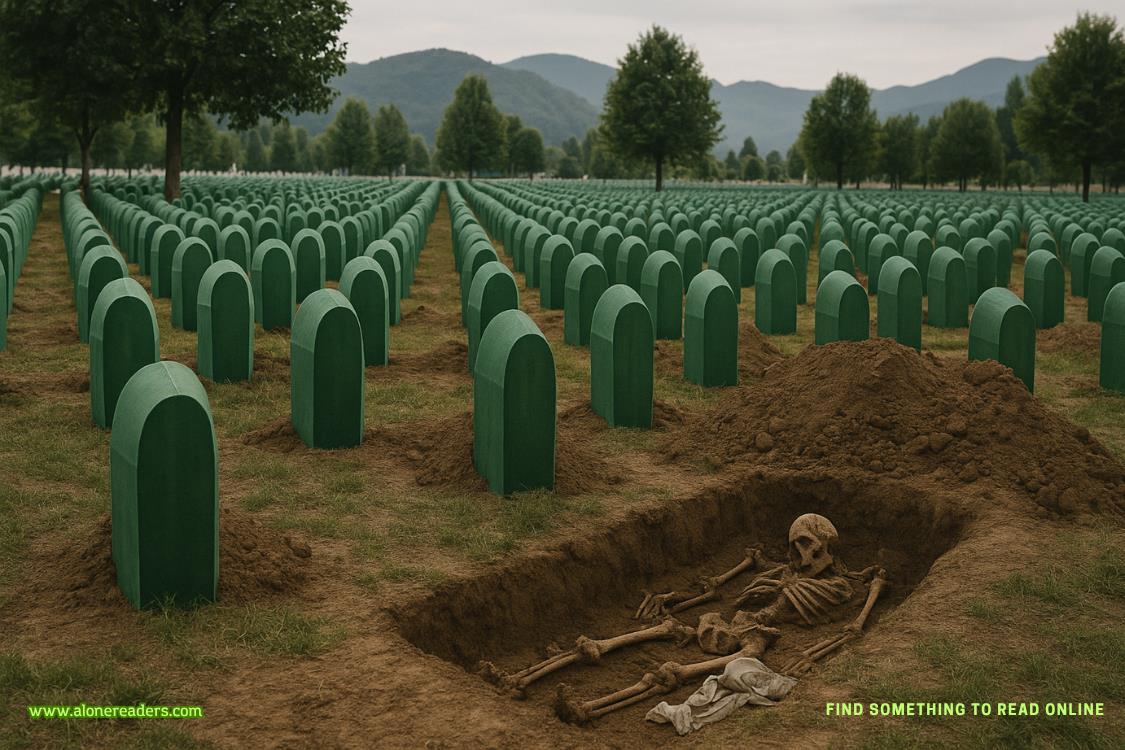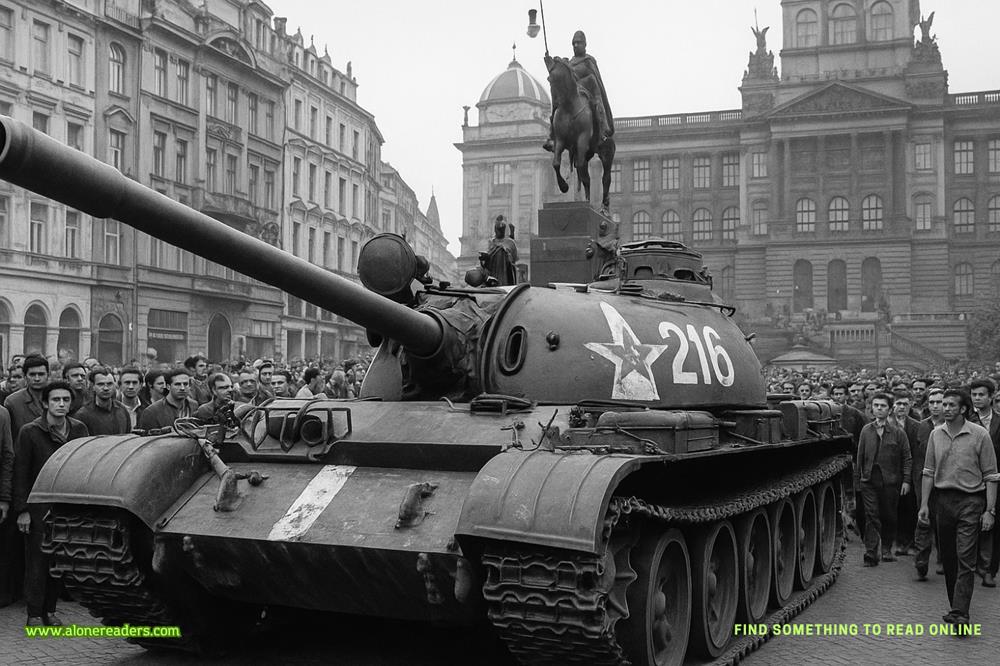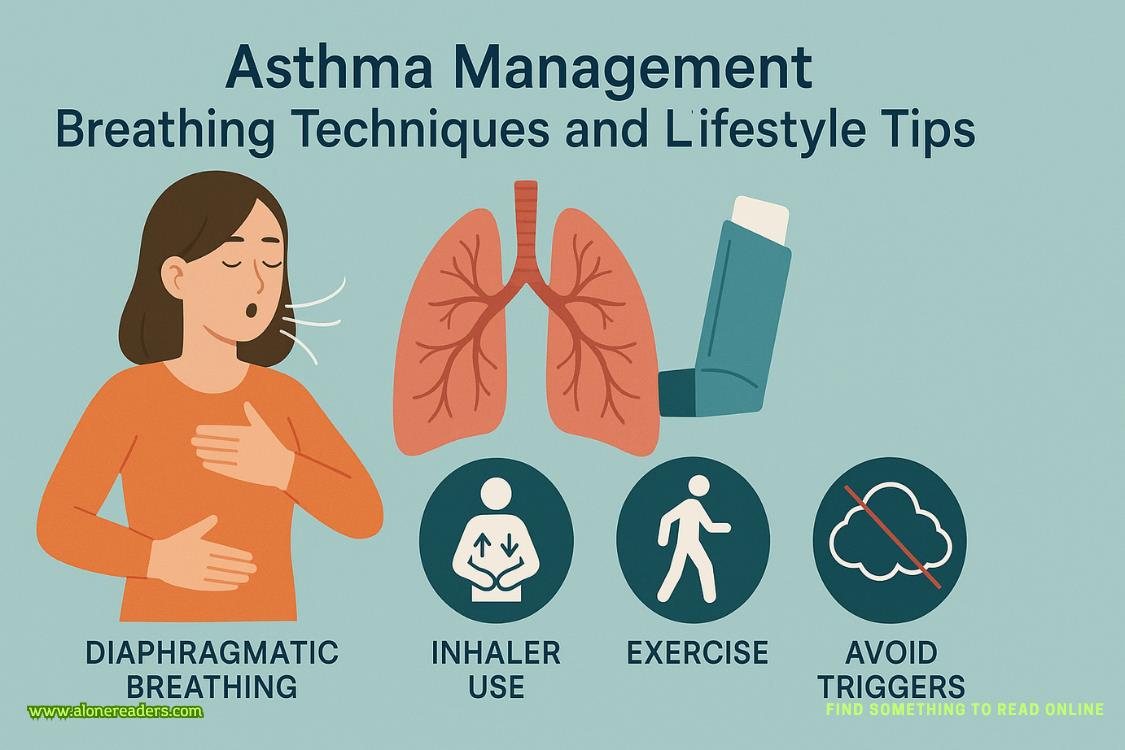Page 2 of Death at a Highland Wedding
“With bridges and motor cars? An hour to Stirling Castle. So probably two hours to where we’re going.”
Isla sighs. “I was born in the wrong century.”
“What is going on out there?” McCreadie says, opening his window to poke his head through. “I swear we have slowed.”
“See what you have done?” Gray says to me. “A few moments ago, we were all perfectly content with our eight-hour coach ride, and now everyone is complaining.”
“Youspent all of yesterday moaning about spending all of today in a coach.”
His eyes narrow. “I mentioned it once.”
“Once at breakfast, once while we were dissecting that liver, once while—”
“I had resigned myself to the journey,” he says. “And now you have spoiled it. Remember whose coach this is. It will be a much longer trip if you walk.”
“Can I walk?” I say. “Please?” I lean toward McCreadie’s open window. “I’m sure I can move faster than this.”
“There does appear to be some sort of slowdown,” McCreadie says, still looking out the window.
“See what you did?” Gray aims a mock glare my way. “You complain about our speed, and the universe takes umbrage.”
“Can you tell what’s going on up there?” I ask McCreadie.
His smile sparks. “No, which means we ought to investigate.”
McCreadie raps on the roof for Simon to stop the carriage. As I gather my skirts, Gray rises and reaches for the door handle.
“Opening the door for us?” McCreadie says. “Very kind, but unnecessary. Stay right there and nap—”
Gray is already out of the coach. Then McCreadie holds the door as I descend.
“Not joining us?” I say to Isla.
“I deem this particular mystery too minor to deserve my attention. I will stay here, and absolutely will not stretch my legs onto the other seat in amost unladylike fashion. Nor will I sneak anything from the picnic basket in your absence.”
Gray slowly turns around.
She rolls her eyes. “Do not worry, Duncan. If I open the basket, I shall take only a sandwich. Sometimes I think I wouldprefera brother who worried instead about me behaving in an unladylike fashion. Now go. Your beloved pastries are safe.”
As soon as we’re out of the coach, the problem is evident: it’s a traffic jam. The road curves ahead, but there are three coaches between us and that curve. Simon had discussed the route with Gray, and they’d decided to avoid the major road and take a side one. Seems everyone else did the same, and now it’s like leaving modern-day Vancouver on a Friday, heading up to the lakes and mountains and fresh air of the Okanagan.
I’m guessing it will get better the farther we travel from Edinburgh, but for now, this really is like those weekend traffic snarls—city folk trying to get a bit of time away on a gorgeous June day.
It’snotthe weekend here. In fact, it’s Monday. Weekends aren’t a thing yet, at least not in the sense of getting time off. If you’re nobility, you have all the time off you want. Middle class? Depends on where you fall on that scale. Gray runs his family’s lucrative business and can take time off whenever he pleases. McCreadie cannot.
As for the people whoreallyneed time off to rest? Those working in factories and shops and domestic service? A good employer will give you Sunday morning for church, and there’s been a move toward making it a full day, but two entire days off? How would the world function?
In modern times, we look back at that with equal parts horror and superiority. Horror at the long hours, and superiority at the thought that no one realized people are more productive with time off to rest and enjoy themselves. And yet the forty-hour work week has been a thing for a century, despite studies proving that employees can do as much by working less. Don’t tell that to corporations, though. A four-day work week? How would the world function?
The people in the coaches ahead willnotbe working class. The carriages are all as fine as—if not finer than—Gray’s. While the “less fortunate”might get into the Highlands to visit relatives, they’ll take the train. The well-to-do want the privacy and convenience of their own conveyances. Like private jets that move really, really slowly.
I don’t grumble for long. It’s too nice a day, and walking under the shade of oaks and willows, I’m reminded of how much I love country getaways. Oh, I’m a city girl. No doubt about that. But there is much to be said for walking along a sun-dappled dirt road, a light breeze smelling of grass and loam and lifting the heat, birdsong filling the air. No stink of coal fires. No clatter of hooves. The only familiar smell is…
Gray takes my elbow to sidestep me past a pile of steaming horse dung. Yep, there’s always that.
As we walk, coach doors and windows open, with people calling out to ask what’s going on, as if we can see better than their high-perched drivers. We keep walking. When we reach the corner, I let out a groan.
It’s not a “volume of traffic”–style jam. It’s the kind caused by a disabled vehicle. Just around the corner, a single coach has stopped. Two well-dressed men stand back, eyeing the coach as if waiting for it to levitate, lifted by a hand from the heavens above.















